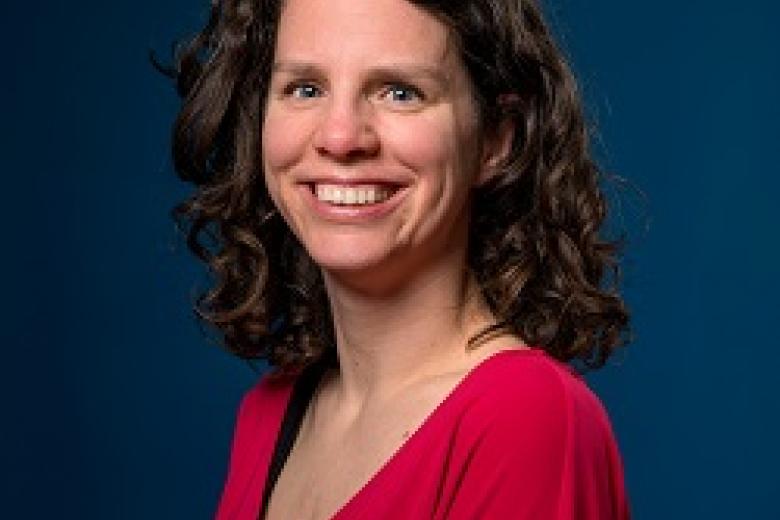18+, and then what? Transition in patients with childhood-onset epilepsy; a long way to adulthood
In her doctoral thesis, PhD student Rianne Geerlings describes the medical and social challenges faced by adolescents and young adults with chronic epilepsy during the transition from childhood to adulthood, and evaluates the transitional care offered by the Academic Center for Epileptology Kempenhaeghe/Maastricht UMC+. The methods used by transitional outpatient clinics appear to make significant short-term and long-term contributions to improving the medical and social functioning of this demographic. The multidisciplinary Epilepsy Transition Clinic will be able to utilise the findings of this study to improve transitional care, identify adolescents with risk factors at an early stage and, where necessary, provide additional support.
Background
Recurring epileptic seizures and a range of potential concomitant disabilities mean that patients with epilepsy find themselves faced with unique problems during the transition from childhood to adulthood. Examples of this may be negative consequences of epileptic seizures, side effects from medication that affect cognitive functioning, or limitations on practising certain professions. This means that transitional issues are not only medical in nature, but also have major psychosocial implications. For this reason, further research was needed into risk factors and the long-term psychosocial consequences of epilepsy, as well as into the methods and outcomes of transitional care. Kempenhaeghe hopes to be able to use the findings to offer adolescents with epilepsy better support during the transitional stage.
Transitional issues
This study revealed that low intelligence, inadequate family support and persistently experiencing attacks that require medical treatment are risk factors for poor psychosocial outcomes in the long term. In addition, research comparing patients who are still living at home with patients who live on their own revealed that the young adults who are still living at home feel lonelier than those who are able to function independently.
Evaluation of transitional outpatient clinic
Multidisciplinary transitional outpatient clinics exist specifically to help adolescents with epilepsy get through the transitional stage as smoothly as possible. As of 2012, the Academic Center for Epileptology Kempenhaeghe has its own multidisciplinary Epilepsy Transition Clinic. The care pathway used by this multidisciplinary outpatient clinic is referred to as ‘the carousel’. What makes this clinic so unique is the collaboration between neurologists, psychologists, social workers and education scientists. Following the consultations, the multidisciplinary team issues a personal recommendation and discusses this with the patient. Where necessary, additional testing can be undertaken or the patient may receive short-term additional supervision in the medical, social or professional spheres. This study reveals that it is a good idea to critically examine the previously-established diagnosis and treatment plan(s) during the transitional stage and, where necessary, to run additional tests (EEG, MRI, NPO, blood tests).
Rianne Geerlings’ research was funded by the Province of North Brabant under its ‘Quality of Life’ grant programme. During her time at Kempenhaeghe, she was supervised by Professor A.P. Aldenkamp (thesis supervisor), Dr L.M.C. Gottmer-Welschen (co-supervisor) and Dr A.J.A. de Louw (co-supervisor).
On 15 June 2016, Rianne Geerlings will defend her doctoral thesis ‘Transition in patients with childhood-onset epilepsy; a long way to adulthood’ at Maastricht University.
Also read
-
PhD research shows impact of aggression on staff and patients in forensic care
Nienke Verstegen, researcher at De Forensische Zorgspecialisten, has conducted research on aggression within forensic care and its impact on patients and staff. On July 6, 2023, she will receive her PhD from Maastricht University with her dissertation 'Hurt people hurt people. Characteristics and...

-
No evidence of brain damage caused by severe COVID-19
Patients admitted to hospital due to a severe COVID-19 infection exhibit no evidence of brain damage caused by the disease. This is the conclusion of an extensive study led by Maastricht University.

-
Cold shivers?
Due to the Western lifestyle with a high fat diet combined with little exercise, more and more people in the Netherlands are overweight or even obese. This causes an increased risk of type II diabetes. What can be done about this besides a healthier lifestyle? The answer comes from an unexpected...
